Ivory Coast
Ivory Coast’s economy is expected to grow by an average of 7.4 percent between 2017 and 2020 after reaching 8.5 percent this year, the International Monetary Fund (IMF) has said.
IMF said the GDP of West Africa’s largest, French-speaking economy expanded by 8.6 percent in 2015 repeating a figure that is significantly below the 10.3 percent announced by President Alassane Ouattara in March.
Since 2011, Ivory Coast’s economy has been experiencing rapid growth and increased stability.
Growth in the world’s top cocoa grower has been boosted by the rise in prices of the commodity as well as the development of infrastructure projects, which in turn have lured investors after years of political paralysis.
Last week, Ivory Coast’s government said it had received more than $15 billion in pledges from donors and lenders to fund its five-year development plan, almost double the amount it sought at a Paris meeting that showcased the country as an investors’ favourite in Africa.
The West African nation wanted to secure at least 4,425 billion CFA francs ($8.8 billion) in pledges to fund part of a $60 billion investment plan for the period 2016-2020, according to a government statement. The high level of pledges showed the “full support of the international community” for its policies, the statement said.
President Alassane Ouattara, an economist who has led the country’s recovery since assuming office in 2011, will complete his second presidential term in 2020.




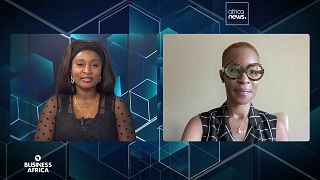
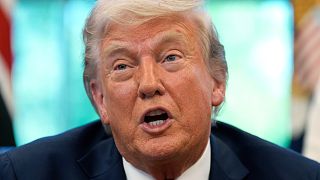
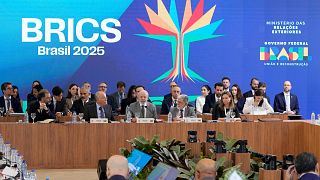
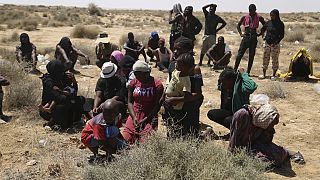
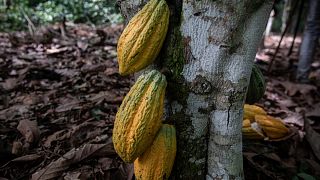



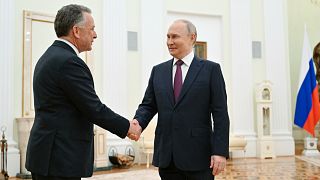
01:00
Tidjane Thiam removed from electoral list ahead of presidential election
Go to video
Tidjane Thiam nominated to run in Ivory Coast presidential election
01:36
Migration and refugee policies key to economic growth, Say UN and IMF experts
Go to video
Paris hosts the 4th edition of African Cinema Days featuring Côte d'Ivoire
00:47
IMF Approves $1.2 Billion Disbursement for Egypt Amid Economic Reforms
Go to video
WTO and IMF warn of global trade disruptions a new U.S. tariffs